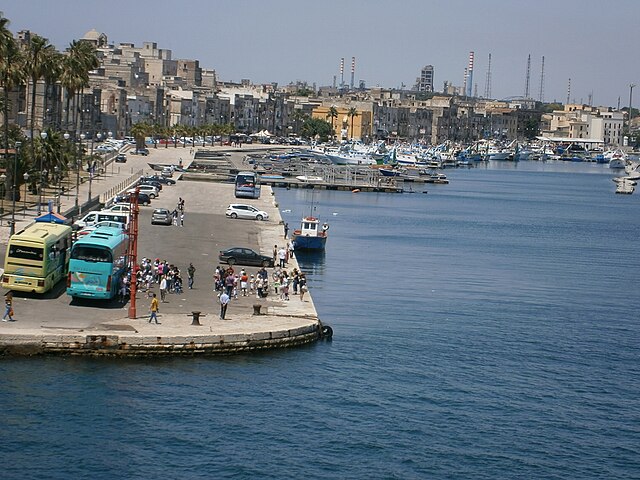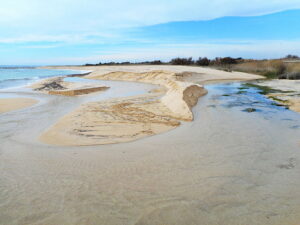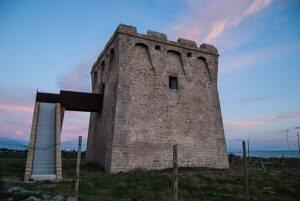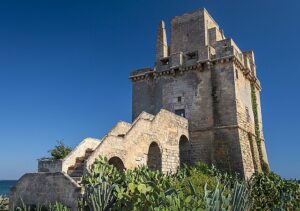The history of Taranto begins in the 8th century BC with the founding of Taras, the only colony of the Spartans, although archaeological findings confirm the presence of settlements dating back to the Bronze Age and the Iron Age, 3,500 years before Christ. The city’s hegemony was linked to its great naval power and control of the Gulf of Taranto, thanks to non-belligerence agreements with the Roman Republic and the culture of Magna Graecia
The origins
The traditional chronology assigns the founding of Taranto to 706 BC. The sources passed down by the historian Eusebius of Caesarea speak of the transfer of the Spartan Phalanthus, son of the noble Aratus and descendant of Heracles in the 8th generation, and other fellow countrymen called Parteni, who came to this area for expansion needs or commercial reasons. Upon landing on the promontory of Saturo and establishing the first settlements, they brought a new breath of civilization and traditions. The social structure of the colony developed over time into a true aristocratic culture, whose wealth likely came from the exploitation of the fertile surrounding territory, which was populated and defended by a series of phrouria (small fortified centers in strategic positions), including Pezza Petrosa. Unlike other cities in Puglia (such as Bari and Brindisi), Taras (Taranto) was not annexed to the Roman Empire until hundreds of years after its foundation. In fact, numerous wars record events during which the Roman army was forced to retreat, defeated, such as in the Battle of Heraclea at the hands of Pyrrhus.
In the 8th century BC, the Spartan hero Phalanthus became the leader of the Partheni, a group of citizens born during the Messenian war, from the aristocracy in power in the city of Sparta. Consulting the Oracle of Delphi before venturing out to sea in search of new lands, he learned that he would arrive in the land of the Iapygians and that he would found a city when he saw rain falling from a clear, cloudless sky (in Greek ethra). Phalanthus set out on his journey until he arrived near the mouth of the Tara River. After surviving a shipwreck, he settled with the Partheni on the promontory of Saturo. In a moment of despair, he fell asleep on his wife’s lap. Overcome with emotion, she began to weep bitterly, reflecting on the hardships her husband had endured, and her tears fell, soaking his face. The oracle’s prophecy had come true: rain had fallen on Phalanthus from a clear sky—the tears of his wife, Aethra. Aethra is a name whose etymological origin means ‘clear sky’. Having solved the riddle, the hero set out to found his city, Taras, a little further north.
A complementary legend tells of the founding of the city dating back to around 2,000 years before Christ, by Taras, one of Poseidon’s sons. Taras is said to have arrived in this region with a fleet, landing near a watercourse that would later take his name: the Tara River. According to this legend, Taras is said to have built a city which he dedicated to his mother, Satyria, or to his wife, Satureia, and named it Saturo. One day, Taras is said to have disappeared into the waters of the river and was taken by his father among the heroes.
Ancient Taras had a great devotion to the god Poseidon, and naturally, in the city, a temple dedicated to this deity had to be erected.







